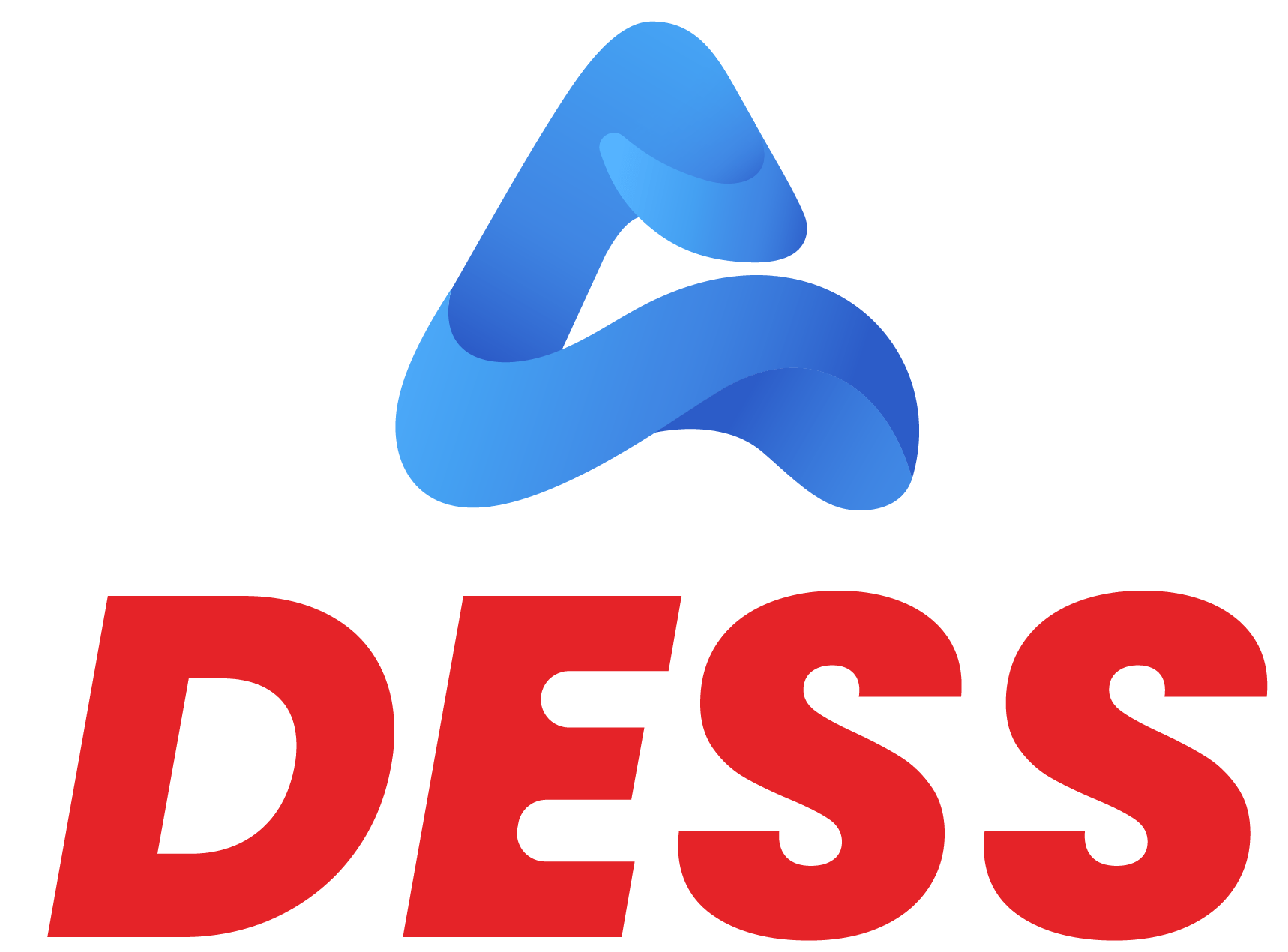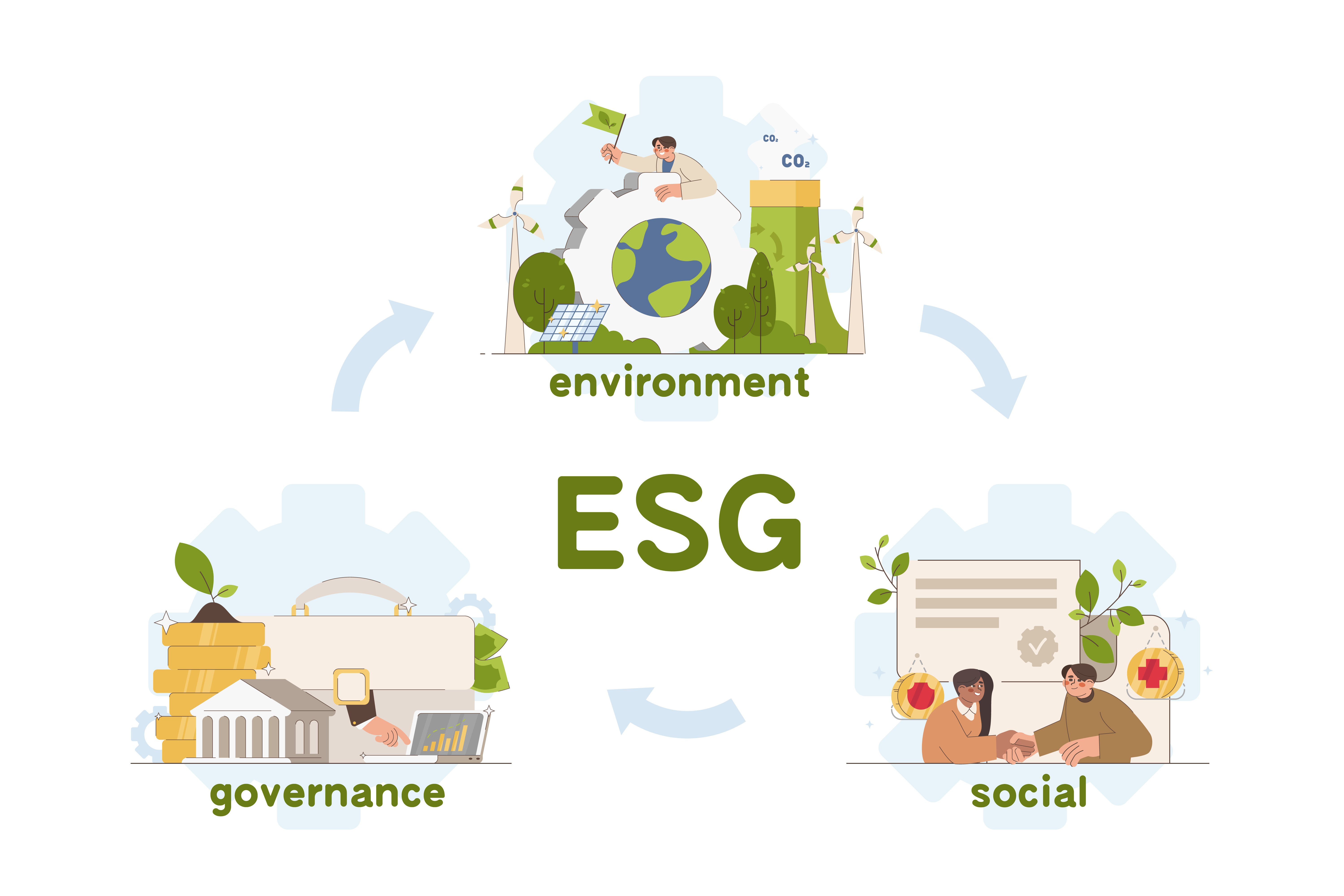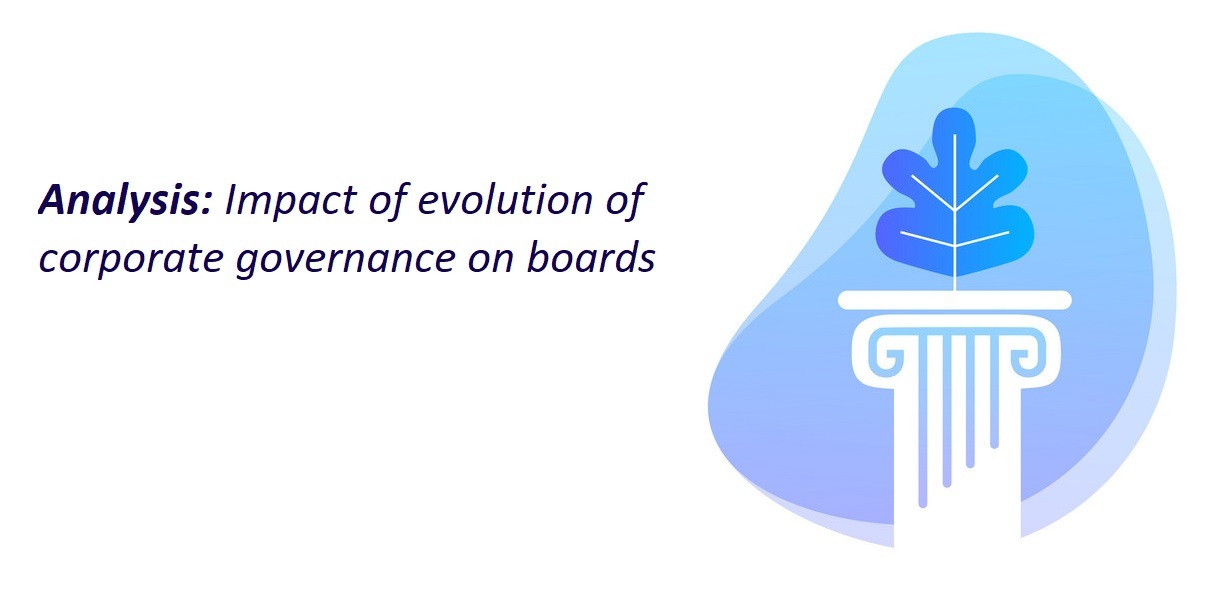The impact of ESG (environmental, social and governance) compliances is transforming corporate governance practices and board operations globally at a dynamic pace. An example of this is the European Union’s recently mandated Sustainable Finance Disclosure Regulation (SFDR). Under the SFDR, boards and management of financial market participants including banking services firms, investment firms, insurance companies, asset managers among other financial sector companies are mandated to disclose information about their ESG policies and practices.
The regulation encourages transparency and comparability of sustainability-related information given by financial market participants, helping stakeholders and investors to make knowledgeable decisions about the environmental and social impact of their investments. The SFDR additionally contributes to the EU’s overall strategy of promoting sustainable finance and contributing to the EU’s objective of becoming climate-neutral by the year 2050.
ESG considerations are becoming increasingly important for companies, investors, and other stakeholders with significant impact on a company’s long-term financial performance and reputation. With board of directors and corporations integrating ESG considerations into their board management operations and strategies on priority, our analysis here explores the importance of ESG integration in board meetings and provides examples of how boards can effectively incorporate ESG considerations.
More than just buzzwords, ESG and sustainability are no longer just “nice to have” in board meetings and corporate decision-making. They are increasingly becoming a “must-have” with market analysts, social activists and stakeholders closely keeping an eye on ESG initiatives, especially for corporations that have an exposure to use of natural resources. Investors are demanding more transparency and accountability from companies, and ESG metrics are an important part of this. In fact, a recent survey found that 85% of institutional investors consider ESG factors when making investment decisions. As a result, companies that fail to take ESG factors seriously risk losing out on investment opportunities and market share.
ESG in Board Meetings
As board of directors set the tone for overseeing a company’s ESG performance and practices, board meetings involving the board of directors are a fundamental platform for engaging ESG as the primary agenda for board collaboration and integrating them into strategic decision-making. ESG integration in board meetings involves assessing ESG risks and opportunities and developing strategies to mitigate risks and capitalize on opportunities.
One way to integrate ESG into board meetings is to include ESG-related topics in the meeting agenda. For example, a company could include a discussion of its sustainability initiatives or its progress towards meeting its ESG targets. By discussing ESG-related topics, the board can gain a better understanding of the company’s ESG performance and identify areas for improvement. With a robust board portal solution such as Dess, agenda management and preparation becomes easier. Offline use and easy annotation facilities ensure that the board of directors can real-time collaborate on ESG-related topics seamlessly.
Another way to integrate ESG into board meetings is to include ESG metrics in board reports. ESG metrics can provide valuable information about a company’s ESG performance and can help the board to assess and monitor ESG risks and opportunities. For example, a board could include information about its carbon emissions or its employee turnover rates in board meeting reports. With an effective board meetings solution such as Dess, analytics and reports in addition to voting and polling facilities can help present complex board information to directors in a nutshell.
Examples of ESG Integration in Board Meetings
There are several examples of companies that have effectively integrated ESG considerations into their board meetings. For instance, Unilever, the consumer goods giant, includes sustainability as a standing agenda item at its board meetings. The company has also set ambitious targets to reduce its environmental impact and improve its social performance, and the board receives regular updates on the company’s progress towards these targets.
Another example of ESG integration in board meetings is the United States based Microsoft Corporation. Microsoft’s board of directors has a separate committee, known as the Sustainability and ESG Committee, which is responsible for overseeing and advising the board on sustainability and ESG-related matters. In addition, Microsoft’s board of directors consider ESG factors when making strategic decisions and evaluating risk management. For example, the board has identified climate change as a significant risk to Microsoft’s business and has integrated climate-related risks and opportunities into the company’s enterprise risk management framework.
Similarly, an example of ESG integration in the East can be seen at the Tata Group, a leading conglomerate in India with interests in automotive, steel, information technology and telecommunications. The group has made significant progress in its sustainability journey, with a focus on reducing its carbon footprint, conserving resources, and promoting sustainable practices across its supply chain. The group board regularly reviews the company’s ESG performance, and Tata has established a dedicated sustainability committee to oversee the company’s sustainability initiatives and ensure that they are aligned with the company’s overall strategy.
Challenges of ESG Integration in Board Meetings
While there are clear benefits to integrating ESG considerations into board meetings, there are also challenges to doing so. One challenge is that ESG issues can be complex and multifaceted, making it difficult for boards to fully understand and address them. Additionally, boards may not have the necessary expertise to assess ESG risks and opportunities, and may need to rely on external advisors or consultants for guidance.
Another challenge is that ESG integration requires a cultural shift within companies. Companies may need to change their traditional ways of thinking and decision-making to fully integrate ESG considerations into their governance practices. This can be a difficult and time-consuming process, but it is essential for companies that want to succeed in the long term.
Conclusion
In conclusion, ESG integration in board meetings is essential for enterprises and board of directors that want to succeed in the long term. By integrating ESG considerations into board meetings, companies can identify ESG risks and opportunities, develop strategies to mitigate risks and capitalize on opportunities, and demonstrate their commitment to sustainable and responsible business practices. While there are challenges to ESG integration, companies that prioritize ESG considerations in their corporate governance practices are likely to benefit from improved financial performance and enhanced reputation.
About Dess:
Dess Digital Meetings is the world’s easiest-to-use board portal software for paperless board and committee meetings. Leading organizations in over 25 countries prefer Dess as their choice for efficient and effective board management software.
Dess believes in enhancing the value of information globally by harnessing unstructured data to empower the right people at the right time using the right technology. With its group of highly competent and motivated people, it has implemented several first-of-its-kind solutions.
To know, please click here or write to [email protected]



